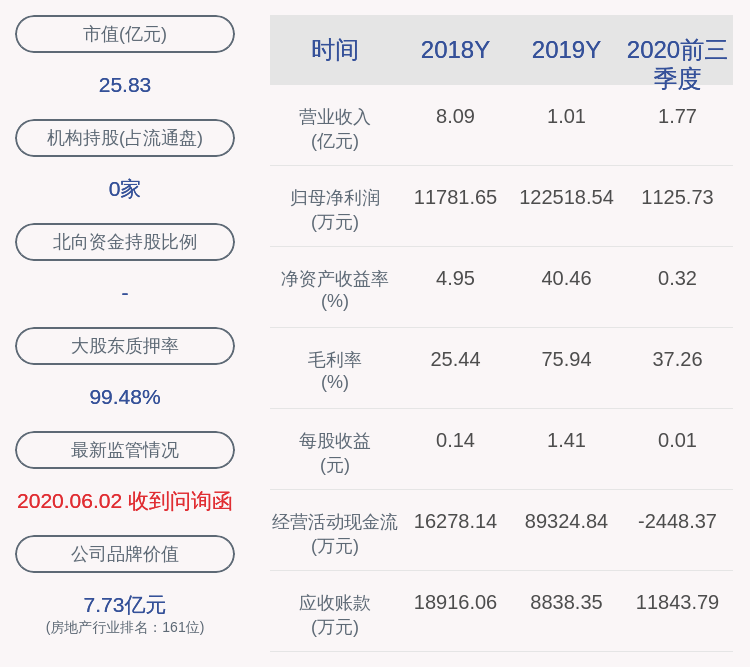#when#高中英语学习方法之短文改错( 八 )
4.The soldiers soon reached( )was once an old temple( )the villagers used as a school. A.which;where B.what;which C.where;which D.what;where
答:选 B ,动词 reach 后接宾语从句 , 从句缺少宾语 ,where 不可 ,which 引导宾语从句时 表疑问含义“哪一个?”而此句中并非疑问含义 , 不知道哪一座庙宇 , 而是用 what 从句表 陈述含义 , 意“过去的一座旧庙宇” ; temple 后为对其修饰的定语从句 , 用关系代词 which 代替 , 并在从句中作动词 used 的宾语 ,use sth. as?“把?用作?
[编辑本段 ]宾语从句(版本三)
宾语从句 , 在复合句中作宾语 , 位于及物动词后 。
eg .
Tell him which class you are in .
Do you know what he likes?
注:
(1)主、从句时态一致:
主句谓语过去时 , 从句相应过去时;
He answered that he was listening to me.
主句谓语现在时 , 从句时态任所需;
eg . He says (that) he will leave a message on my desk.
They know (that) he is working hard.
具体过去永不变 , 真理格言现在时;
eg . He told me that he was born in 1980.
Father told me that practice makes perfect .
(2)否定前移 , 及完成反意问句
在 think / believe / suppose / guess / imagine / expect等动词后跟宾语从句否定式时 , 应转移 到主句上去 , 完成反意问句时 , 应与从句主、谓保持一致 。(注 : 否定前移的条件是 , 主句 主语是第一人称)
eg . I don't think you are right ,are you ?
I don't believe they have finished their work yet,have they ?
(3)运用虚拟语气的情况
在表示:
建议 suggest , advise
要求 demand 、 desire 、 require 、 request 、 propose ;
决定 decide;
命令 order 、 command;
坚决主张 insist;
等动词后跟宾语从句 , 用(should)+v.(虚拟语气)
eg.I suggested that you(should)study hard.
He ordered that we should go out at once.
(4)宾语从句后置情况
如果宾语从句后有宾语补语 , 用it作形式宾语 , 把宾语从句后置
eg.You may think it strange that he would live there.
(5)宾从中that不可省略的情况
宾语从句that常可省略 , 但在以下情况下不能省略
A.当主句谓语动词带有两个或两个以上宾语从句时 , 可以省略第一个that,其他不能省略 。
eg.I believe(that)you have done your best and that things will get better.
B.当it作形式宾语时
eg.She made it clear that she had nothing to do with him.
C.当宾语从句前置时
eg.That our team will win,I believe.
[编辑本段]宾语从句(版本四)
一、定义和宾从例句分析
宾语从句就是一个句子作动词或介词的宾语 。
A 作动词的宾语:
I heard the news.
主语谓语动词名词作宾语
I heard that he would come here later on.
主语谓语动词一个句子作宾语---宾语从句
B 作介词的宾语:
He said nothing about the plan.
主语谓语动词代词作动词的宾语介词名词作介词的宾语
He said nothing about who broke the window last night.
主语谓语动词代词作动词的宾语介词一个句子作介词的宾语
二、带有宾语从句的复合句的构成
带有宾语从句的复合句就是用连接词把一个主句和一个宾语从句连接在一起 。 连接词有: that(可省略) , what, who, when, where, why, which, if, whether, how.
推荐阅读
- 技巧|让无数学渣相见恨晚!这3个高中学习方法和技巧
- vt|备战2021年高考英语—高中英语阅读中高频难词690个汇总
- 侵权|建议收藏!高中英语 / 衡水中学高考前90天必背的1800个英语核心词汇
- 李航的统计学习方法和 周志华的机器学习 都看不懂咋办
- 道理|都败给了这个字!99%的高中英语学习
- 语法|超全高中英语语法大汇总!掌握了, 高考英语至少135+!
- 力学|谭哥模型物理:浅谈力学学习方法
- 学习方法|【新高一】这才是高中三年学习规划的正确打开方式
- 有没有入门级葡萄牙语学习资料推荐网站书籍或者心路历程学习方法等都可以
- 学习方法|高中化学难?高考学霸学习方法!90%高中生表示:后悔看晚了

















